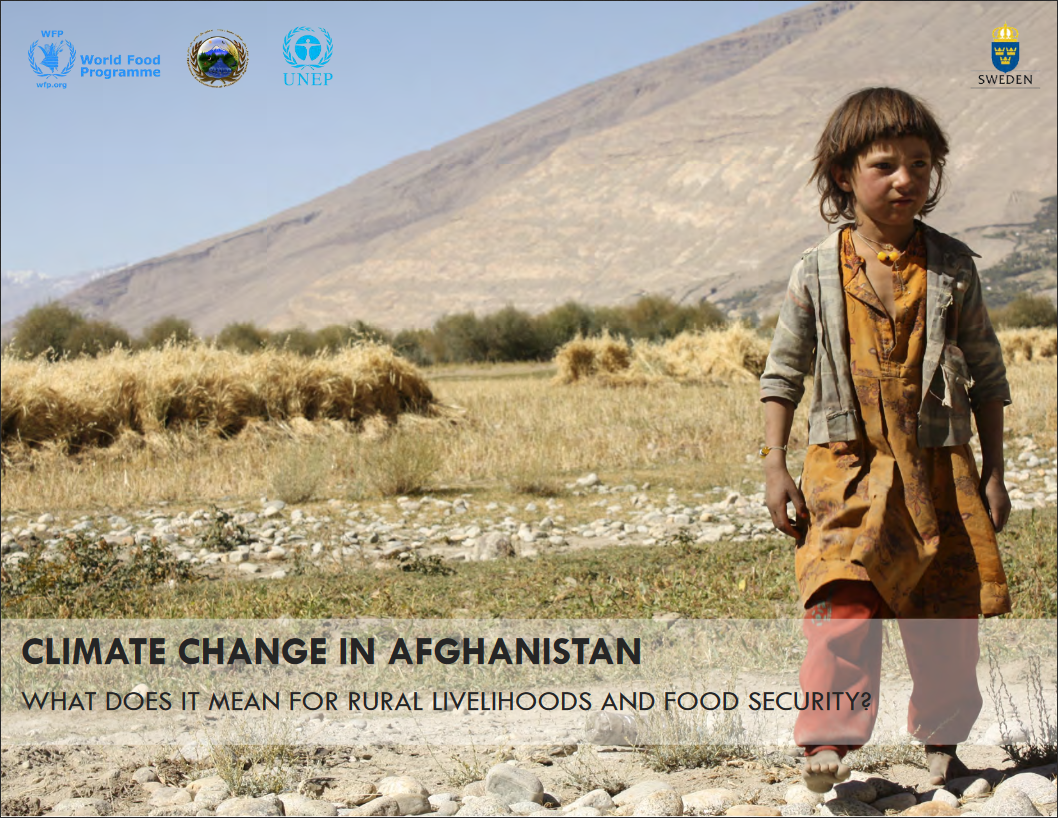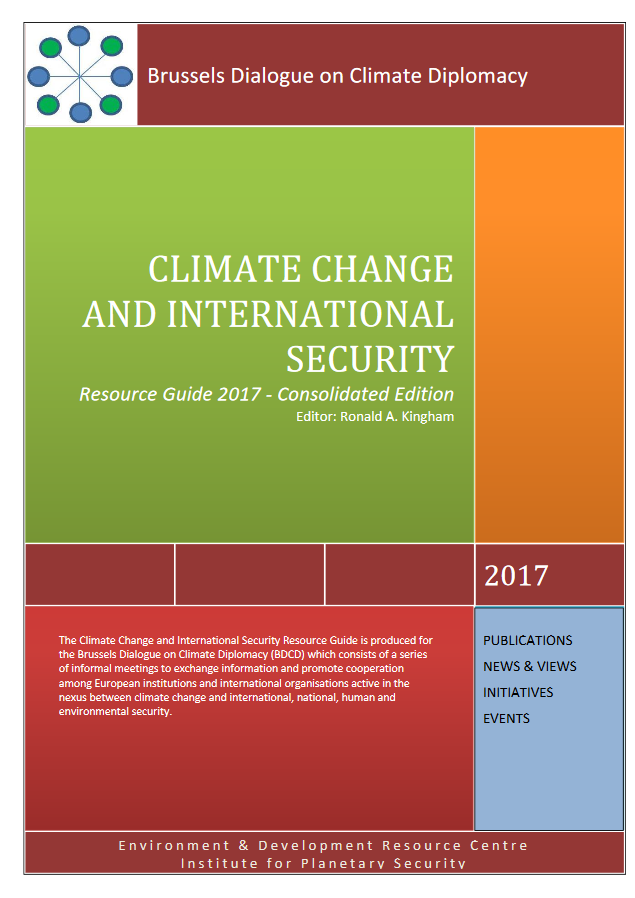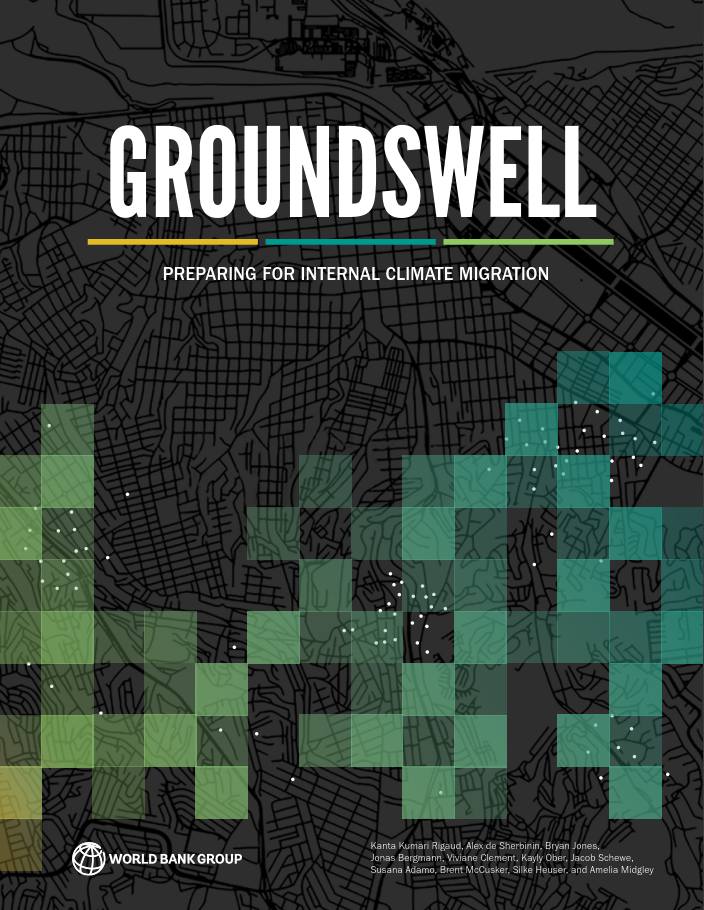Public policy design: Assessing the potential of new collective Agri-Environmental Schemes in the Marais Poitevin wetland region using a participatory approach
The conciliation between different issues such as agriculture production, biodiversity conservation and water management remains unsolved in many places in the world. As a striking example, the wet grasslands of the Marais Poitevin region (France) presents many obstacles against the integration of these issues, especially in terms of public policy design.




